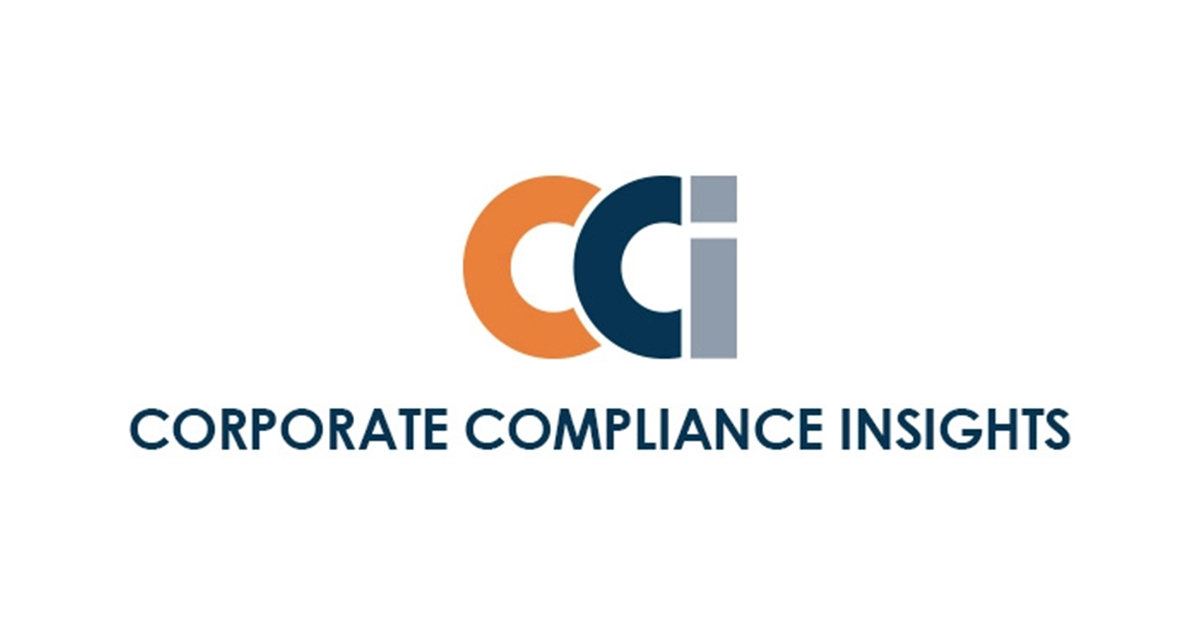"Who are the people that find 'equity' confusing?" asks Deb Muller, the CEO of HR Acuity who's been in the industry for decades.
The Society for Human Resource Management (SHRM) announced last week that it dropped the word “equity” from its diversity, equity and inclusion (DEI) strategy — thereby setting off a bomb in the relatively staid world of corporate HR.
Why it matters: The shift — critics are calling it a retreat — comes as some companies are backing away from the diversity strategies launched a few years ago in the wake of George Floyd’s killing, amid a barrage of attacks on companies by conservatives and Republican lawmakers.
The big picture: Many companies are rethinking, changing or abandoning DEI work.
- Just last week, CNN disbanded its race and equality reporting group, integrating those reporters across the newsroom.
- Last month, Tractor Supply, an 86-year-old rural retailer, announced it would end its DEI and environmental practices entirely.
Driving the news: “Effective immediately, SHRM will be adopting the acronym ‘I&D,’ instead of ‘IE&D,'” the group announced on LinkedIn. “This strategic decision underscores our commitment to leading with Inclusion as the catalyst for holistic change in workplaces and society.”
- “By emphasizing inclusion-first, we aim to address the current shortcomings of DE&I programs, which have led to societal backlash and increasing polarization.”
What they’re saying: “[O]ur commitment to equity remains steadfast,” per the post, which explains that equity will be integrated into the inclusion framework.
For the record: In an interview, SHRM’s president, Johnny C. Taylor Jr., told Axios that “we’re not capitulating to anyone.”
- “A lot of companies were already doing this. There’s been the renaming, refocusing of, revisiting of, diversity pretty seriously over the last year. And I don’t think that’s a bad thing.”
- “We can’t come in and have a legitimate conversation with senior management when people are debating”… what the “e” means, he says.
- The common question: Does it mean equal opportunity or equal outcomes?
- DEI strategies weren’t working, he says, pointing to a 2021 Gallup survey that found positive ratings of relations between Black and white Americans were at their lowest level in decades.
- “This is just a smarter approach,” he says, adding time will tell if it’s better. “We may be right here five years from now saying that approach didn’t work.”
The response: DEI experts say there isn’t really a debate, and that “equity” can be fairly uncontroversial. It just means equality of opportunity — providing workers with what they need to be on equal footing in the workplace.
- For example, equity means making sure a worker with a hearing impairment has the software and tools they need to do their work. It also means providing accessible offices, or ensuring that workers who file expenses aren’t burdened by a high credit card bill.
- “Who are the people that find ‘equity’ confusing?” asks Deb Muller, the CEO of HR Acuity who’s been in the industry for decades.
- It’s disheartening that the leading HR organization is doing this, she says.
Zoom out: Others told Axios that SHRM’s action will embolden those who want to eliminate DEI work entirely.
- “They’re in such a prominent position,” says Alex Suggs, cofounder of a DEI consulting firm called Different. “If they are backing away from equity, that’s giving a free pass to all the naysayers and giving more fuel to the fire of the backlash we’re seeing.”
The other side: SHRM’s Taylor says that the SHRM post received hundreds of positive comments.
- One commenter wrote that the term “equity” is “often associated with quotas, affirmative action, and perceived biases in hiring practices.”
The bottom line: Four years after the business world went all in on DEI, it’s having second thoughts.


